Vertical Farming
Growing crops indoors in vertically stacked layers and a controlled environment to maximize crop production in limited space.
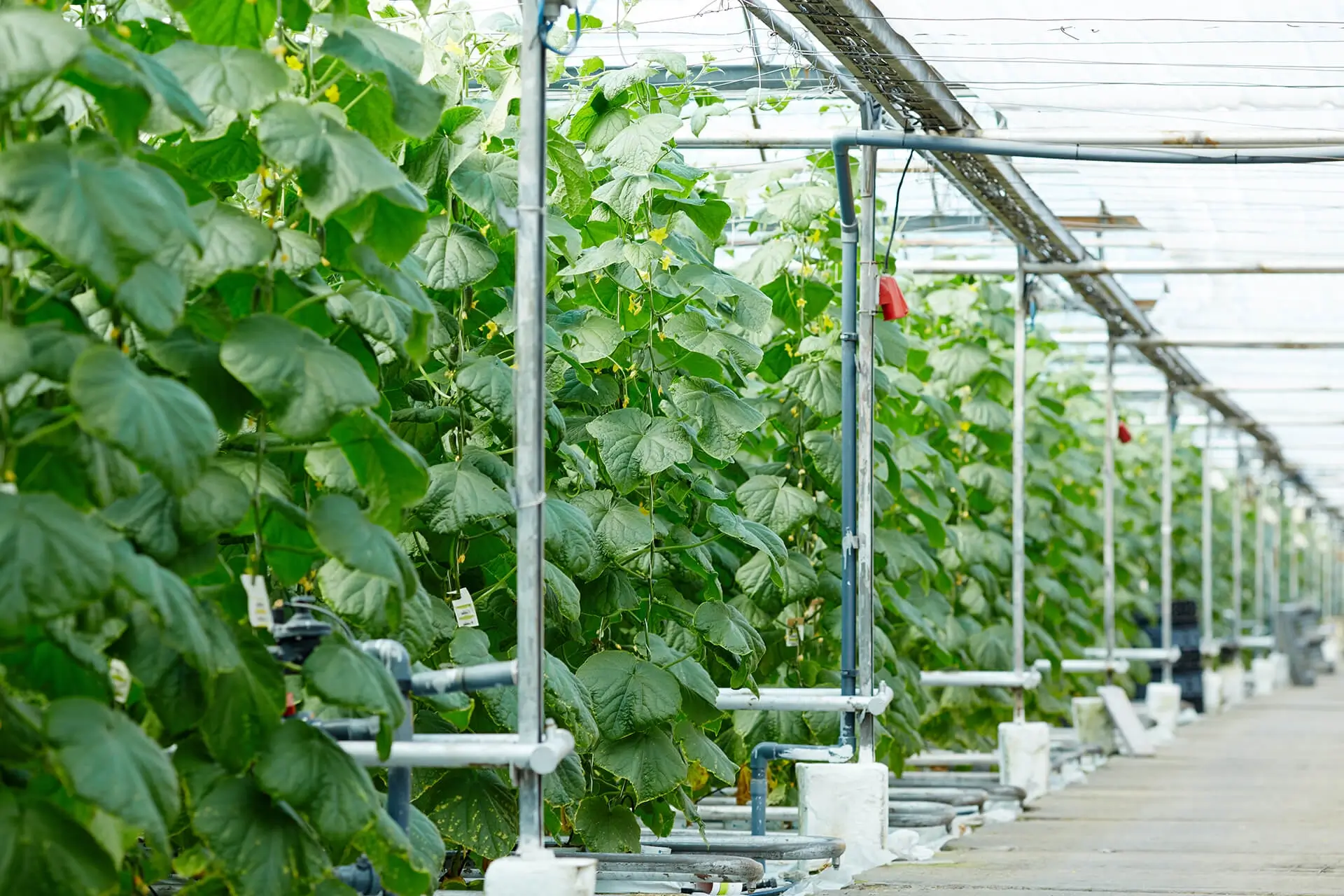
Vertical farming offers several advantages. Firstly, it allows year-round cultivation, independent of seasonal variations and climate conditions, ensuring a constant supply of fresh produce. Secondly, it requires significantly less water compared to traditional agriculture because the water is recycled within the system. Additionally, vertical farms can be located in urban areas, reducing the transportation distance and carbon emissions.
Vertical farming has the potential to revolutionize the agricultural industry by providing a sustainable and efficient method of food production. It offers opportunities for local food production, reducing dependence on long-distance transportation and promoting food security. It also has the potential to reduce the environmental impact of agriculture by minimizing land use, conserving water, and reducing pesticide and fertilizer usage.

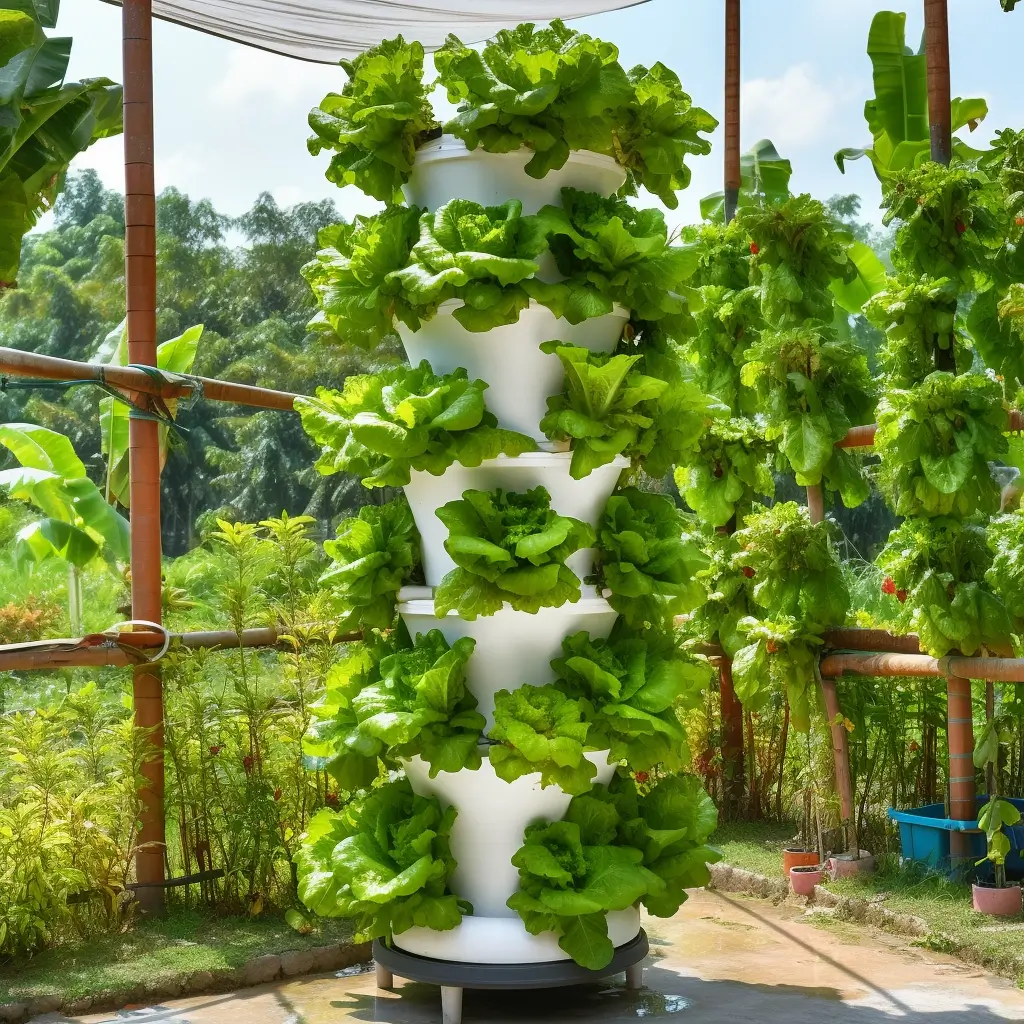
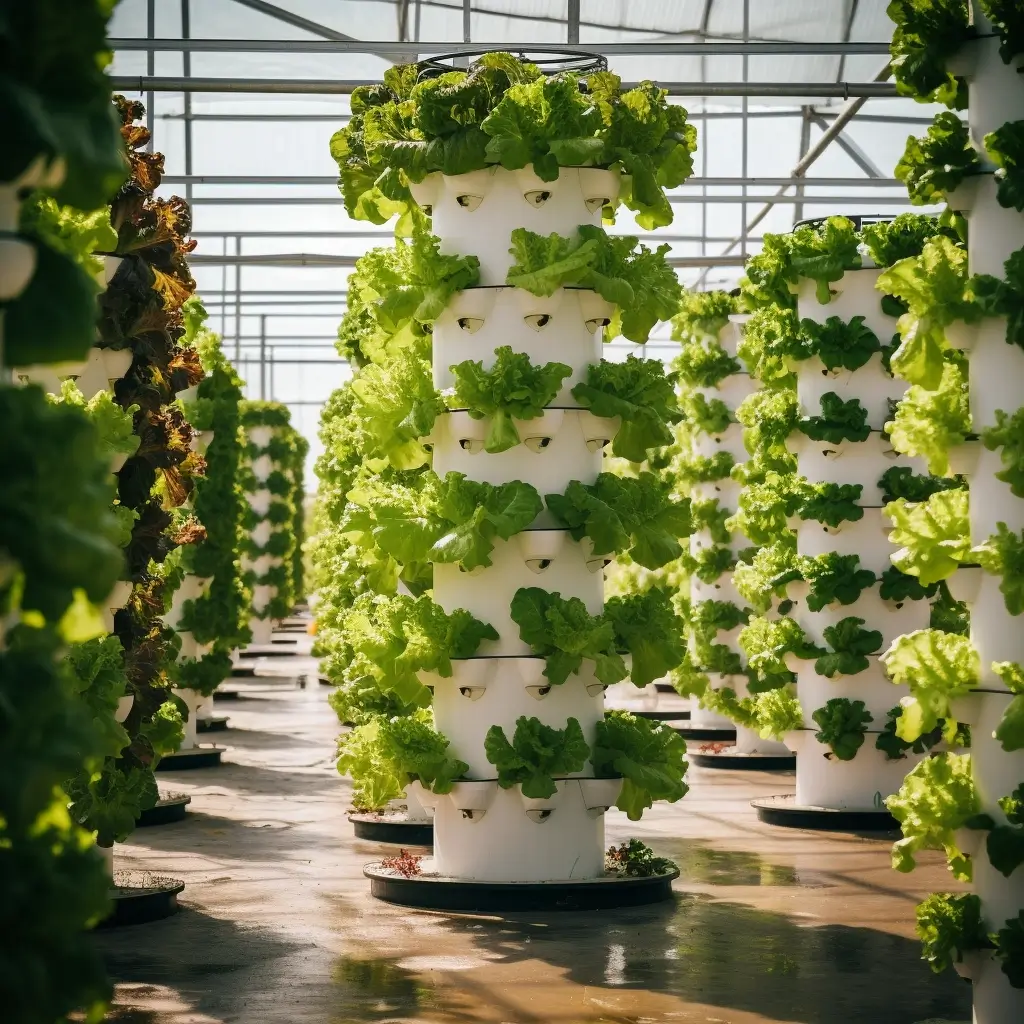

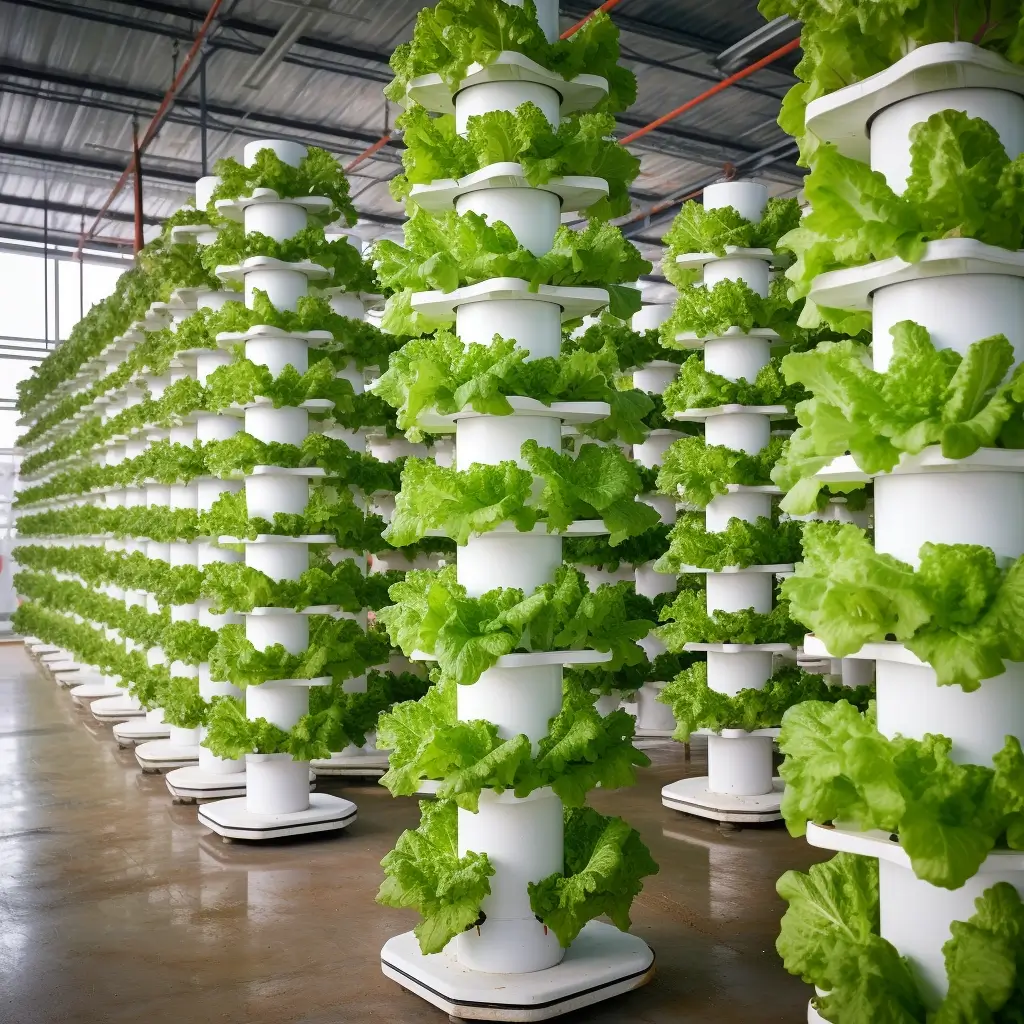
Growing Forward
Feeding Future
This type of farming is gaining popularity as a potential solution to various challenges faced by conventional agriculture, such as limited land availability, water scarcity, and unpredictable weather conditions.
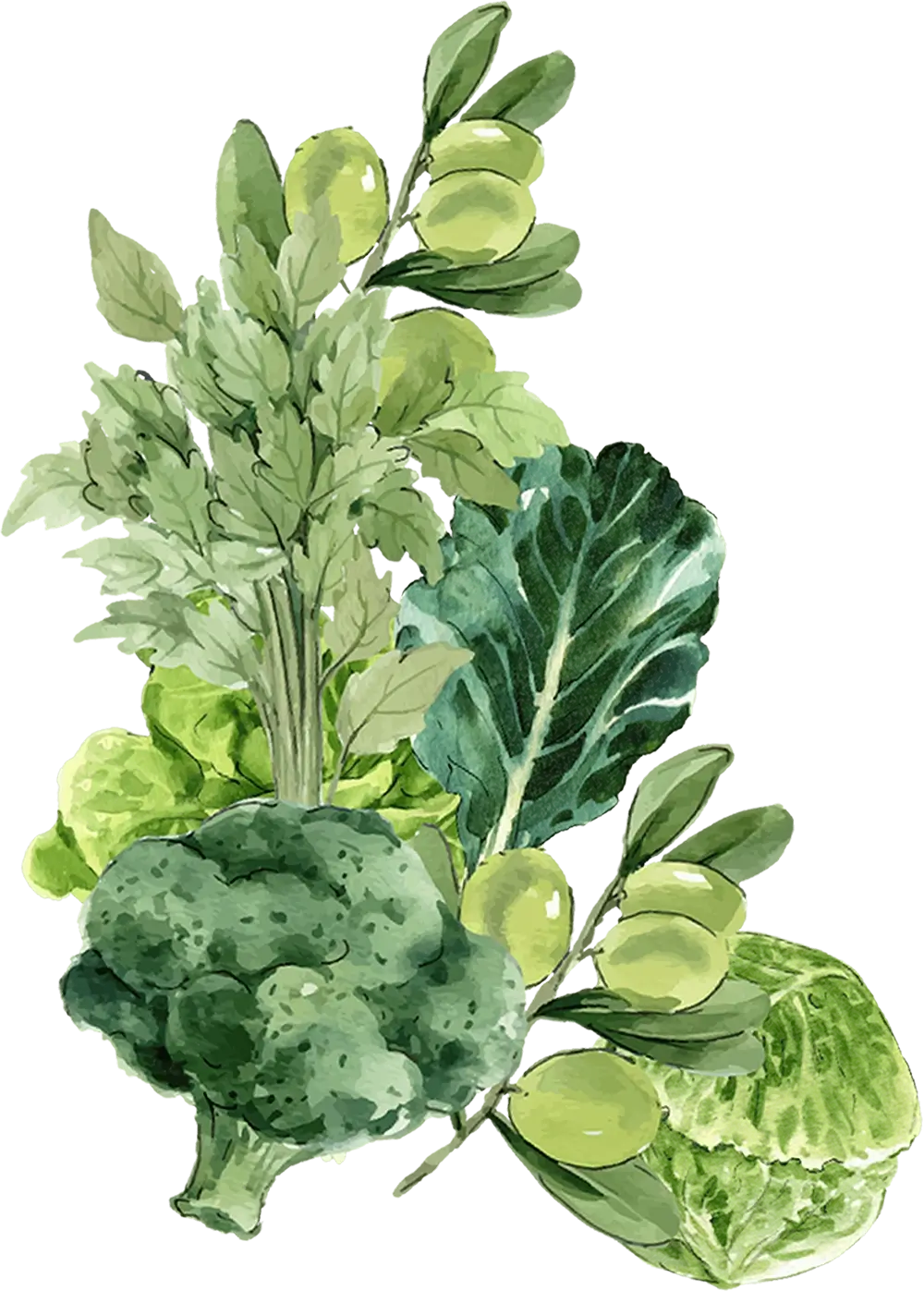
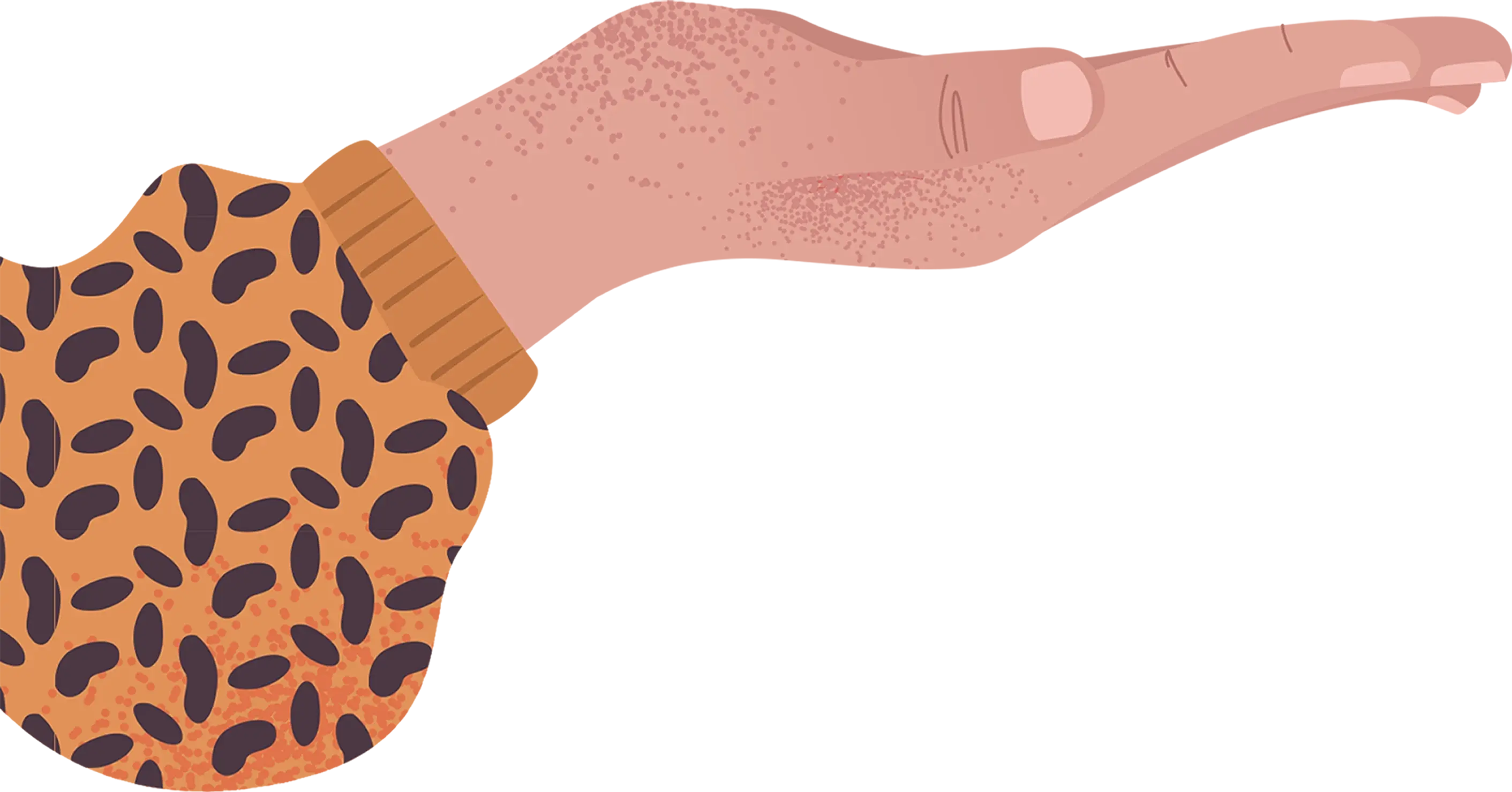
Vertical Farming
Building a SpaceWise Farm for Sustainable Future
Together, we envision a tomorrow filled with thriving ecosystems, and bountiful harvests. Let’s embark on this transformative journey with our vertical farming initiative.

